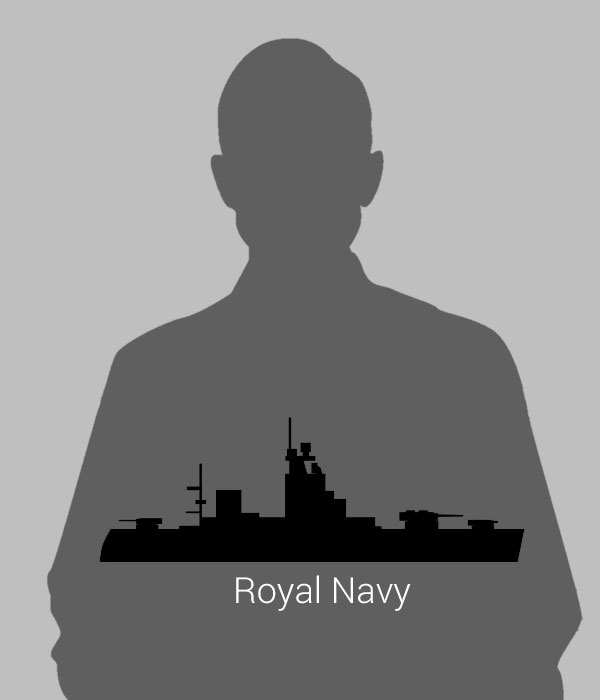
Menu
- 10am - 4pm, Mon to Sat
- Adults: £8 Under 18s: £4
- Under 12s/members: FREE
- Pensioners/students £7
- Birchburn, Scotland
- 01445 731137
- JustGiving

Written by Iain Mitchell
I was 18 when I joined the Royal Navy and, after my initial training and a short period in a mine sweeper off the South Coast of Ireland, I found myself sitting on a bollard in the old Iron Duke a relic of the Battle of Jutland.
Nearby sat another sailor in the uniform of the Royal Norwegian Navy, and I thought how lucky I was, as I had recently had a week-end leave at home which he was unable to have. We were waiting for a drifter to come alongside and take us to our respective ship.
I was a gunnery rating and HMS Kent was an 8 inch gun heavy cruiser taking part in relief convoys to the Soviet Union. It was November 1943, the fourth year of the war. On the invasion of Russia by Germany in 1941, Winston Churchill immediately promised aid to President Stalin; this aid included tanks , guns, rockets, aircraft, trucks, food, and medicine. The quickest way to get it into Russia was round the top end of Norway, in to Murmansk and Archangel in the Barentz Sea.
Norway was occupied by Germany and was home to the Luftwaffe in bases up the Norwegian coast. Also a menace to the convoys were the warships of the German North Sea Fleet. Battleships, cruisers, and destroyers in Northern fiords. So HMS Kent was part of a covering force for convoy RW 54, stationed between the convoy and the coast of Norway.
When you think of Russian convoys you think of weather. Freezing cold, mountainous seas, no sun continuous night, no sleep, wet, damp and miserable for 10 to 14 days before entering harbour of air-raid prone Murmansk.
Many ships were torpedoed and sunk, taking over 3000 sailors to their cold watery grave where no stone or memorial marks the spot.
I visited Murmansk again in 1995 and was overwhelmed by the kindness and generosity of the Russian people. They had not forgotten those terrible days. What puzzles me is how they have lived under such despotic regimes and undemocratic government with such stoicism.
For myself, it was an experience, and I am not sorry I was part of that group of men who braved the North Atlantic in the dead of Winter, to take aid to a country which was fighting for its life. But I wouldn’t like to do it again.
I was not to know that within 12 months I would find myself on D-Day , heading the bombardment fleet on to Sword Beach in France. The following day, the 7th June 1944 was my 20th birthday. I was being taught to grow up!
Click to expand photos